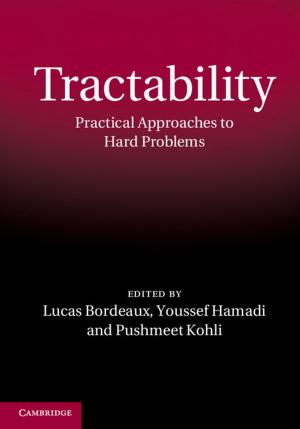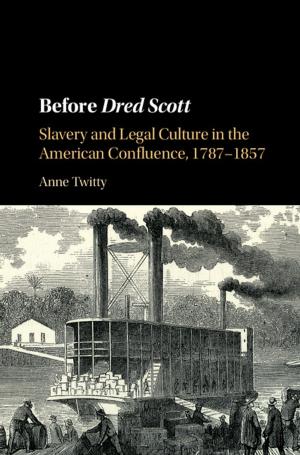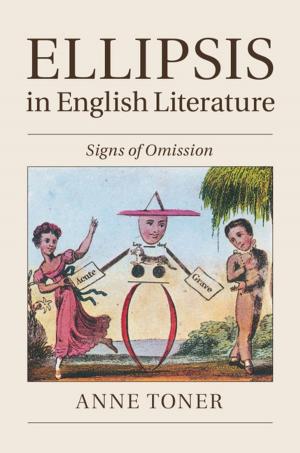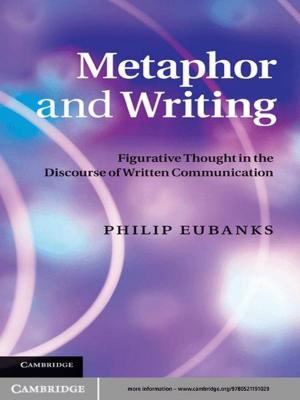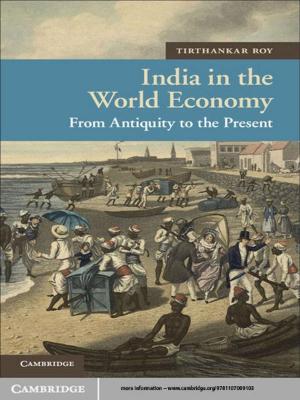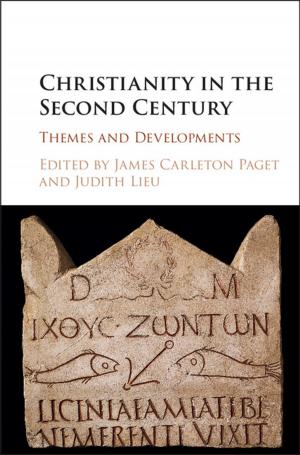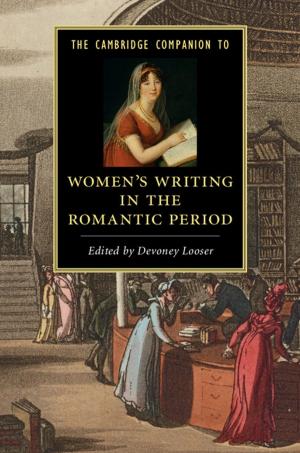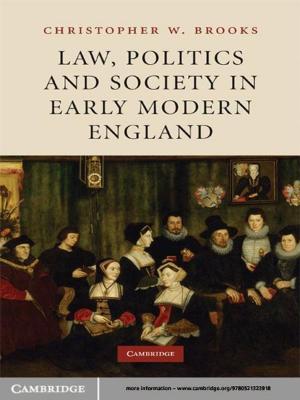| Author: | William Shakespeare | ISBN: | 9781139836241 |
| Publisher: | Cambridge University Press | Publication: | January 22, 1998 |
| Imprint: | Cambridge University Press | Language: | English |
| Author: | William Shakespeare |
| ISBN: | 9781139836241 |
| Publisher: | Cambridge University Press |
| Publication: | January 22, 1998 |
| Imprint: | Cambridge University Press |
| Language: | English |
The New Cambridge Shakespeare appeals to students worldwide for its up-to-date scholarship and emphasis on performance. The series features line-by-line commentaries and textual notes on the plays and poems. Introductions are regularly refreshed with accounts of new critical, stage and screen interpretations. Over the last two decades there has been a resurgence of theatrical interest in Shakespeare's Pericles, which has been rescued from comparative neglect and is now frequently performed. The editors reject the current orthodoxies, that the text is seriously corrupt and that the play is of divided authorship. They show how the 1609 quarto has features in common with the first quarto of King Lear, now widely regarded as being based on Shakespeare's manuscript. Likewise they regard the arguments concerning divided authorship as unproven and misleading. Instead they show the play to be a unified aesthetic experience.
The New Cambridge Shakespeare appeals to students worldwide for its up-to-date scholarship and emphasis on performance. The series features line-by-line commentaries and textual notes on the plays and poems. Introductions are regularly refreshed with accounts of new critical, stage and screen interpretations. Over the last two decades there has been a resurgence of theatrical interest in Shakespeare's Pericles, which has been rescued from comparative neglect and is now frequently performed. The editors reject the current orthodoxies, that the text is seriously corrupt and that the play is of divided authorship. They show how the 1609 quarto has features in common with the first quarto of King Lear, now widely regarded as being based on Shakespeare's manuscript. Likewise they regard the arguments concerning divided authorship as unproven and misleading. Instead they show the play to be a unified aesthetic experience.


